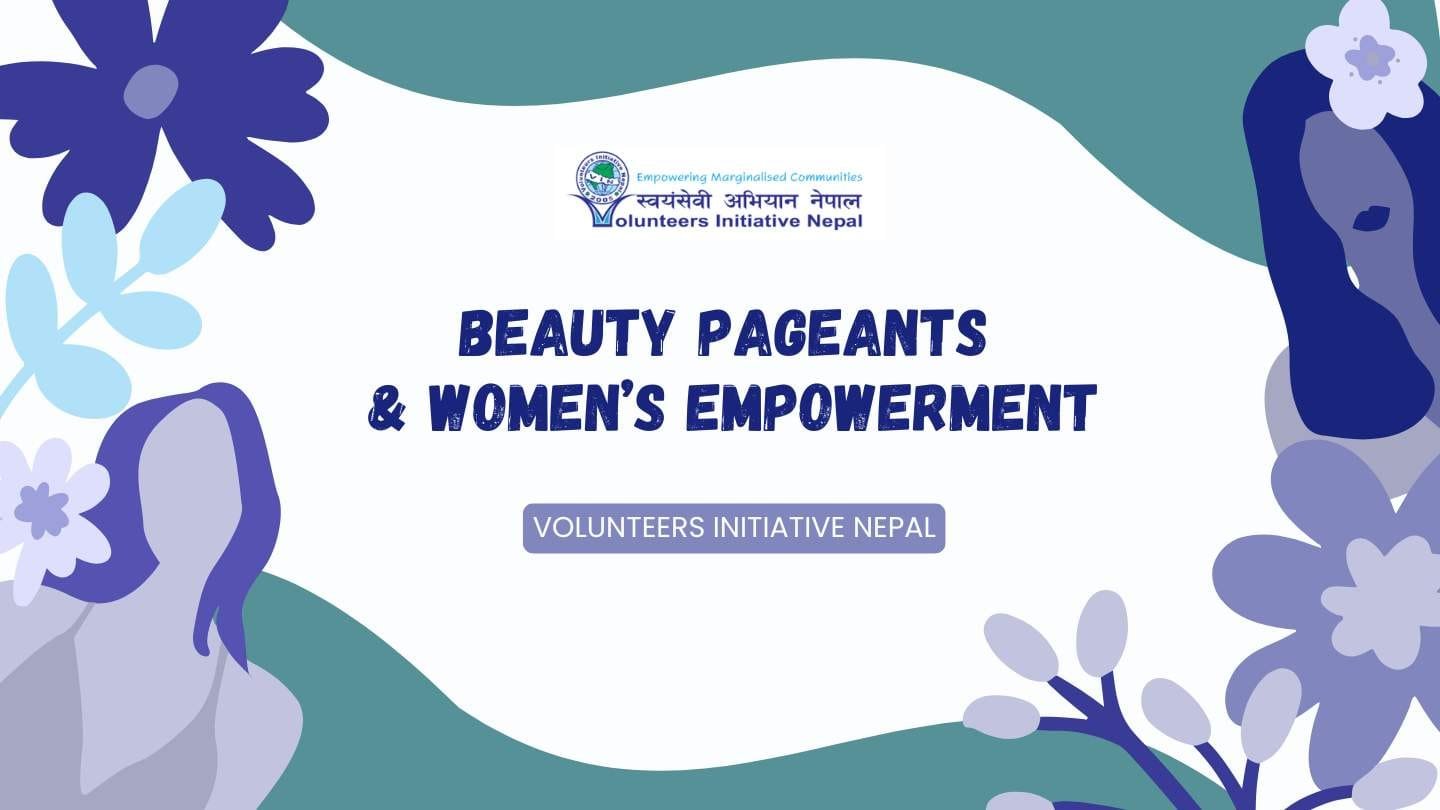Throughout the ages, beauty pageants have historically been marketed as a venue to demonstrate a woman’s abilities and could also provide a platform for later career progression. Nevertheless, the truth is much more complex if we look closer at the picture. Although competitions such as these can have some positive consequences, they can be much worse at promoting female empowerment. At its heart, beauty pageants can foster negative standards of beauty, fetishize women, and constrict the notion of what we mean by a successful person. This article discusses the effects beauty pageants have on women’s empowerment, and why now is the right time to re-evaluate their place in society.
Understanding Empowerment
Before we discuss in detail the specific role of beauty pageants in empowering, it is important to first define what empowerment really is. Women’s empowerment encourages women to have the freedom to make their own choices, be in charge of their own lives, and fully benefit from the opportunities that are accessible to them without being limited by stereotyped gender roles or gender category inequalities. Empowerment is not about being a certain type of woman or following, a set of rules. It is about a woman’s life and the choices she makes to make it better. True empowerment is rooted in autonomy, self-fulfillment, and equitable access.
To learn more about women empowerment in Nepal, click here!
How Beauty Pageants Affect Women’s Empowerment
If we consider beauty pageants from the perspective of empowerment, it is obvious that such events generally have a detrimental effect, as they do more bad than good. Here’s why:
The Attention to Appearance Instead of Substance.
Ultimately, beauty pageants are about looks. Although contestants may feel they have a chance to talk about their own achievements or interests, all is about how they look. Women are critiqued on standards of beauty defined by society, namely thin, young, and normatively attractive. This is a damaging message: that a woman’s worth is about how she looks and not about who she is, how smart or how much she contributes.
This focus on appearance is clearly opposed to the principle of empowerment. Empowerment truly involves the woman being valued for her abilities and her character not based just on their physical attributes. Giving attention to appearance, beauty pageants tend to give rise to a culture in which the female body is stereotyped and subjected to narrow, unattainable specifications of beauty. This is harmful for women who don’t fit this mold, as it can lead to feelings of inadequacy and lower self-esteem.
Objectification and Its Impact
Beauty competitions tend to fuel the process of women’s objectification, turning them into mere physical specimens on show for public consumption. The whole structure of these events highlights the looks of women, how they walk, and how they perform. It is rather an attempt to hide the intellectual ability, skill, and contribution of women. This process of objectification communicates that women are primarily things that are worthy of attention because of their looks and not because of their thoughts, ideas, and achievements.
The effects of objectification are wide-ranging. The women who participate in these events may internalize the belief that their value is defined by their ability to meet beauty norms and suffer the consequences of poor self-image, low personal regard, and a decreased sense of self-worth. Empowerment can’t flourish this way
The Narrow Definition of Success
Competitions or beauty pageants also lead to a narrow concept of successful performance. Although winning a beauty pageant may get you fame, a career, and a financial reward, all of the potential benefits are based on maintaining that image. The implicit message is obvious: success for a woman depends on her appearance and not on her capabilities and achievements.
This restricts how we define success. Genuine empowerment demands a deeper concept of achievement, which praises a woman’s gifts, abilities, and efforts to the community. Success should not be equated to a woman’s physical appearance but to the success of a woman across the spectrum of life. Beauty pageants as they are organized today do not offer an inclusive definition of what success should take.
Can Beauty Pageants Be Reformed?
While all of the above-mentioned statements are true, it doesnt not mean that beauty pageants have to be a bad thing. Events like this have the potential to become spaces for true empowerment if they move the emphasis away from surface looks to a more inclusive celebration of the woman. For instance, pageants can focus on women’s contributions to the community, their intelligence and ability, and leading work in a variety of fields. Contestants’ talent, ability in problem-solving, and social contribution may not be judged based on their looks but on other factors that decide their effectiveness.
Certain pageants have recently taken steps in this direction by including ‘social impact’ or ‘talent’ categories. These uses are frequently a secondary attempt to shift focus away from the essentially physical attributes of the contestants’ beauty. While these new steps are being taken, the central point around appearance is still a challenge. Until this changes, the role of beauty pageants in bringing women to full empowerment continues to be limited.
Conclusion
Although beauty pageants offer a platform to specific women, they ultimately do not benefit the majority because they cannot effectively enable women’s empowerment. Rather than facilitating women with real empowerment, they define a woman’s success through narrow beauty standards and the normalization of objectification. For beauty pageants to truly be a tool for empowerment, this pattern must change. We should praise women not only because of her looks, but also for their abilities, skills, and achievements in society. If we are to ever be ready to see beauty competitions as places that will not only restrict women’s potential but actually empower them, it is time to change.


 Member of
Member of